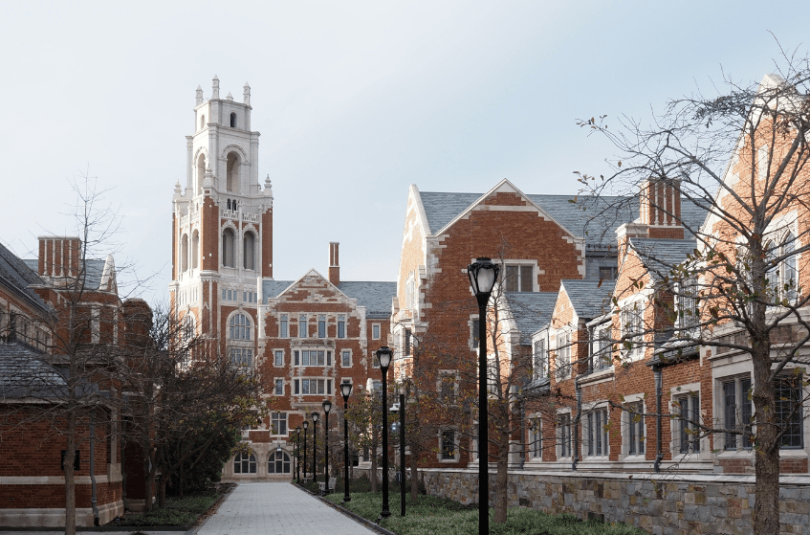How to Save the American University
Literally the one and only possible way to do it
Hello!
College is harder than expected, and I’ve got lots of midterms coming up, so haven’t had much time for writing interesting things here.
But!
I did, last week, write an interesting thing in a campus publication called the Buckley Beacon. It’s about higher education and history and the Woke Moment, it’s 25% shorter than I wanted it to be (and 25% longer than it should be…), and it’s got a real catchy title: We Don’t Need ‘Trust.’ We Need Ambivalence.
In April, Yale University President Maurie McInnis convened a Committee on Trust in Higher Education, which would “undertake a process of reckoning and reflection … to better understand public perception and envision ways of strengthening trust.” Per an early-September report in the Yale Daily News, the Trust Committee had spent its summer “conducting background research and holding preliminary conversations,” but found itself unsure of what to do next.
The board of the Buckley Institute petitioned for Lauren Noble (YC ‘11), Executive Director of the Buckley Institute, to be added in June. Noble suggested to the Yale Daily News that the faculty-only body might have trouble seeing out of its ideological bubble. To understand public distrust, it would need “an outsider’s vantage point,” she said.
“Ivy League faculty life,” wrote the Buckley Institute’s Board of Directors, “is dramatically different from that of the average American.”
I was raised in a college town by a professor and a doctor at a university hospital. I’ve been here on campus for only a month, and even I can tell you, with the utmost confidence, that life at Yale indeed is very far from the norm. This is a weird place, vastly unlike most of the rest of the country.
To be sure, we’re just as human as Bob Cobb of Springfield, Illinois. We all eat and drink and do our laundry—although, our food is prepared for us by a team of professional chefs. And if the laundry becomes too much of a headache, well, we can hire that out too. Really, we Yalies, and our professors too, get up in the mornings and get out of our beds and just start thinking about stuff. We think and we read, and sometimes we even write or talk about what we’ve been reading or thinking about. And that’s all we do, all day, all week, endlessly, forever.
I’m curious to hear your thoughts about it; feel free to leave them either there or here.




What do you think about the following compromise picture. There's been a big push towards "institutional neutrality" policies of various sorts. I like these. Part of my hope for them is that when academics believe and advocate things that the public sees as goofy, those are seen as positions of individual academics, rather than official or quasi-official positions of whole universities or departments. If it's harder for academics to speak collectively, it's also harder for us to collectively discredit ourselves. A firewall of ignorance,whatever its merits, strikes me as impossible to sustain once the internet and social media exist.
I think your reasoning is not complete, because Academic Ideas have influenced too much.
1) Economic policy
2) Medical Policies
3) Social role of Government
4)Environmental impacts
Those things can't go back.
The Public should look up to the University for expertise.
Experts have several important qualifications.
1) They know their stuff, much better than the common man.
2) They are impartial, meaning that biases don't impact their reports.
3) The public perceives them to be impartial, and trust them.
The public doesn't trust the Academy anymore. How can they? The Academy is so different, the politics are so different, it can't really be trusted anymore by the Public.